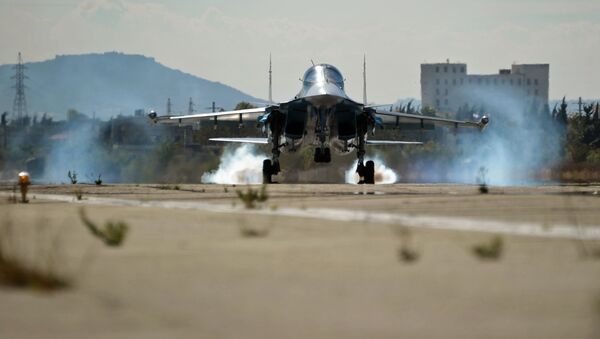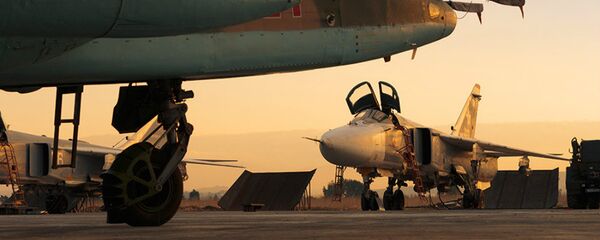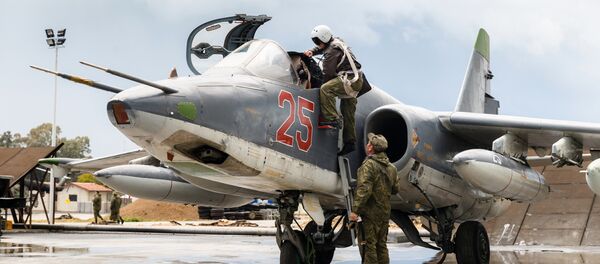Currently Russian warplanes are limited to staging out of Hmeymim Airbase at Bassel Al-Assad International Airport near Latakia, the principal port city of Syria.
The interview came as Friday marked the first anniversary of the beginning of Russia's anti-terrorist air campaign in Syria, which was launched at the behest of the Syrian government.
"I believe that aside from Hmeymim, the Russian Aerospace Forces need an additional airfield in Syria so that pilots can be protected from a possible terrorist attack after performing their tasks," Perendzhiyev said.
"Secondly, the Russian Aerospace Forces need a prestrike staging base in order to enhance the effectiveness of the combat mission and minimize the expenditure of resources," he stressed.
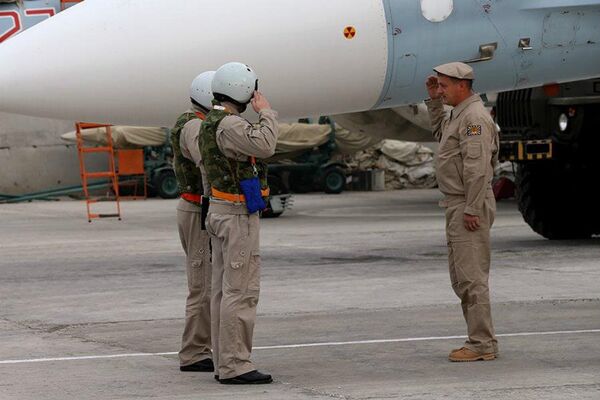
In August 2016, it was reported that Russia plans to expand Hmeymim Airbase in order to ensure that its operations run smoothly and to enhance its security by adding extra aprons, building barracks and a hospital, as well as assigning extra space for large transport aircraft.
Moscow launched its first airstrikes against positions held by Daesh (ISIL/ISIS) and al-Nusra Front terrorists in Syria at the behest of the country's President Bashar Assad on September 30, 2015.
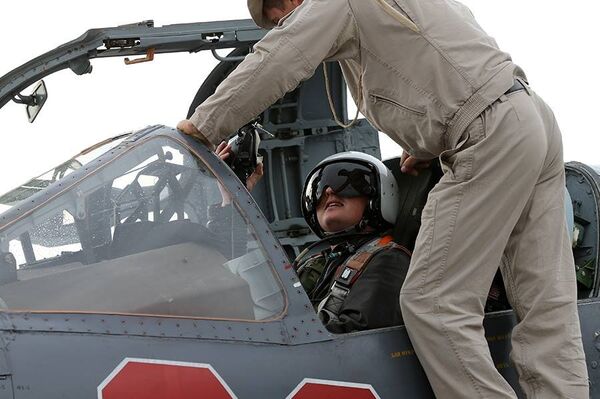
The bombardments were conducted in close cooperation with the Syrian government’s fight against Islamic extremists, and made use of intelligence data collected from a coordination center in Baghdad.
In March 2016, Russian President Vladimir Putin ordered the withdrawal of a major bulk of the Russian forces from Syria, citing the successful fulfillment of their tasks.
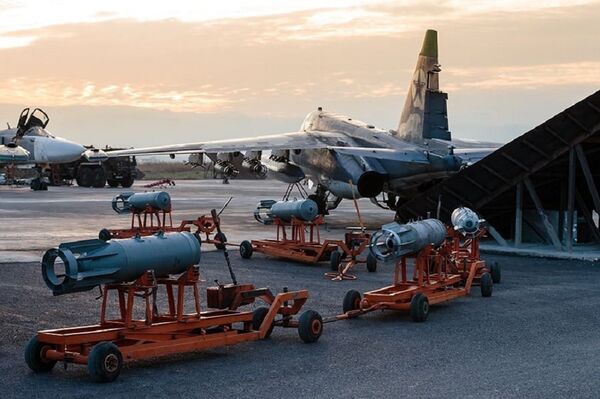
However, some of the air units remained in the country to provide aerial support for ground operations launched by the Syrian Army.
In total, in the past twelve months the Russian Aerospace Forces destroyed thousands of terrorist positions in Syria, including command and control centers, arms depots, oil refineries and others.
However, despite the collective counter-terrorism efforts, including those by the US-led coalition, international terrorists continue to control large areas of Syria, including a number of key points in the provinces of Aleppo and Raqqa.
In this regard, the threat of Syria's destruction as a single sovereign state remains, according to RIA Novosti.

